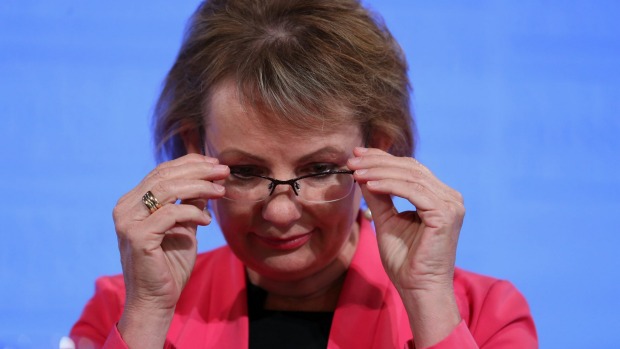
The Turnbull government is rushing to pass changes to the Medicare safety net without releasing details on the extent of their impact on chronically ill patients.
The bill, which will lower the thresholds needed to access benefits for out-of-hospital services while capping the amount payable for individual services once these have been reached, has faced fierce opposition from psychiatric, oncology and IVF groups concerned it will make services unaffordable for some patients.
A government-controlled Senate committee, chaired by Liberal Senator Zed Seselja recommended on Monday that data that revealed the expected impact of the changes be released, saying failing to do so had partly “caused unnecessary angst and confusion” among stakeholders.
The government on Wednesday passed the changes in the House of Representatives and introduced them to the Senate without making the recommended changes to the bill’s explanatory memorandum. It has yet to respond to the Senate committee’s report.
The government has one sitting week left this year to pass the bill, which it had planned to come into effect on January 1 to save $266.7 million over five years. Health Minister Sussan Ley has said this will be re-directed into the Medical Research Future Fund.
It is unclear whether the changes will pass the Senate, with Labor opposed, and the Greens and a number of crossbench senators yet to decide if they will support them.
Ms Ley told Parliament on Wednesday that multiple changes to the safety net over years had made it “overly complex and failing to support those who need it most”.
Labor had exaggerated the extent to which the changes would raise out-of-pocket expenses, she said, “blithely mouthing the inflated numbers provided to them by vested interests…”
?
The average cost of a standard radiation oncology treatment under the proposed changes would rise $23, leaving patients with about $2649 in out-of-pocket costs, Ms Ley said. The average cost of an initial IVF cycle would rise slightly from $2720 to $2730, while the cost of a second cycle would increase from $5085 to $5398.
Ms Ley said the changes were needed to address the inequality in the current system which “pays patients in some of Australia’s wealthiest suburbs an average of $60 of safety net benefits per capita versus just $2 per capita in more disadvantaged areas”.
“Those from the most disadvantaged areas rarely access the safety net because they never pay sufficient out of pocket costs to meet the very high thresholds. That is principally because Australia enjoys a very high and growing bulk billing rate.”
Introducing caps on benefits for out-of-hospital services would also reduce any incentive for doctors to charge excessive fees, she said.
